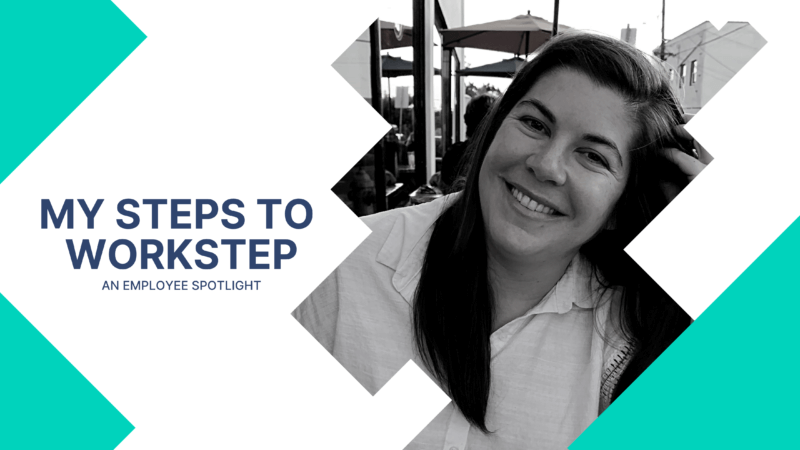WorkStep’s strategy: our path to improving outcomes for 100M frontline workers (3/3)
May 2, 2022
At WorkStep, we’re coming off 2021 during which we closed both a Series A and Series B, announcing just over $42M in capital raised. More importantly, we helped over 100k frontline workers improve their job. WorkStep helps companies make better-fit hires and improve retention across their frontline workforce. In this three part blog series, we’ve unpacked:
- Why this an important problem space to address
- What value we’re delivering to our customers and
- How we execute as a business to deliver that value
In Part 1 of this three part series, we shared the why behind everything that we do:
- Frontline workers are the engine that drives our economy
- Frontline workforce retention is a rapidly worsening crisis
- Through improving retention, workers have better jobs and live better lives
In Part 2 of this series, we shared the four part strategy that we’re following to deliver value to customers:
- Help companies improve retention by making better-fit hires
- Help companies improve retention by listening to their workforce at scale
- Help companies improve retention by suggesting effective actions
- Help companies improve retention by facilitating those actions
Having fleshed out our why and our what, in this post, we’ll wrap up this series by sharing our how. WorkStep’s core operating principles help inform the way we make decisions – while executing our strategy – in pursuit of our mission. We have 3 core operating principles:
- Customer-centric
- Internally excellent
- Enterprise-grade
Every decision that we make can be viewed through the lens of each of these principles. Which path is more customer-centric? Which meets the bar of internal excellence? Which is more enterprise-grade?
Principle 1: Customer-centric
The needs of our customers come before our own.
From a product development perspective, this means that our software must deliver genuine business outcomes, while keeping all costs (time-to-implement, time-to-learn, time-to-value, etc) as low as possible.
The most critical focus here is on actual customer outcomes. Our products are built to help companies make better-fit hires and lift workforce retention. No matter how easy-to-use the product is, if it doesn’t drive these outcomes for our customers, it is a well-paved road to nowhere.
From a team perspective, this means that we orient our sales, customer success, and account management teams so that they feel like an extension of our customers’ teams. A trusted advisor or advocate, rather than a vendor. Our team is there to help the customer win. If they win, we win.
Principle 2: Internally excellent
In order to deliver above-and-beyond value for our customers, the bar for the WorkStep team and our work must be at a level of excellence.
A-players want to work with A-players. B-players want to work with C-players. Holding everybody at WorkStep to high expectations enables a unique environment where each individual can count on being challenged by, but also learning from, their peers. To sacrifice this bar is to fail the rest of the organization.
Each teammate is evaluated on a standard of excellence relative to their role. The CEO must be excellent, relative to other CEOs. A sales director must be excellent, relative to other sales directors. And a support associate must be excellent, relative to other support associates. With each step up the organizational ladder, the bar goes up.
Principle 3: Enterprise-grade
At WorkStep, we count many of the world’s largest employers as our customers. By supporting this end of the market, we can positively impact the greatest number of potential frontline workers.
Partially because of this enterprise orientation, the value delivered by our software scales super linearly with the size of the customer (ex: a customer with 100k employees would receive more than 100X the value vs. a customer with 1k employees).
To successfully partner with organizations of this size, there is a specific way that we need to show up – in the way that we market, the way that we sell, and the way that we deliver our solutions to customers. Our go-to-market playbooks and technology need to speak to, and be ready for, companies that employ millions of workers. We need to be secure, flexible, interoperable, and a market-leader. Our performance needs to be lightning fast at any data scale.
These operating principles help streamline decision making at WorkStep. At each fork in the road, no matter how minor, there is almost always one path that is more aligned to these principles. Through applying these principles in pursuit of our company strategy, we have the opportunity to improve the lives of over 100 million frontline workers in the coming years.
Interested in joining our fast-growing remote team? We are hiring! Check out our open positions.
Dan Johnston, Co-Founder & CEO | dan@workstep.com



